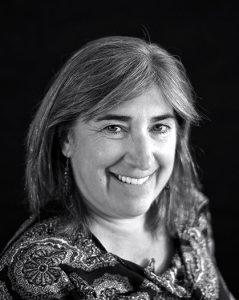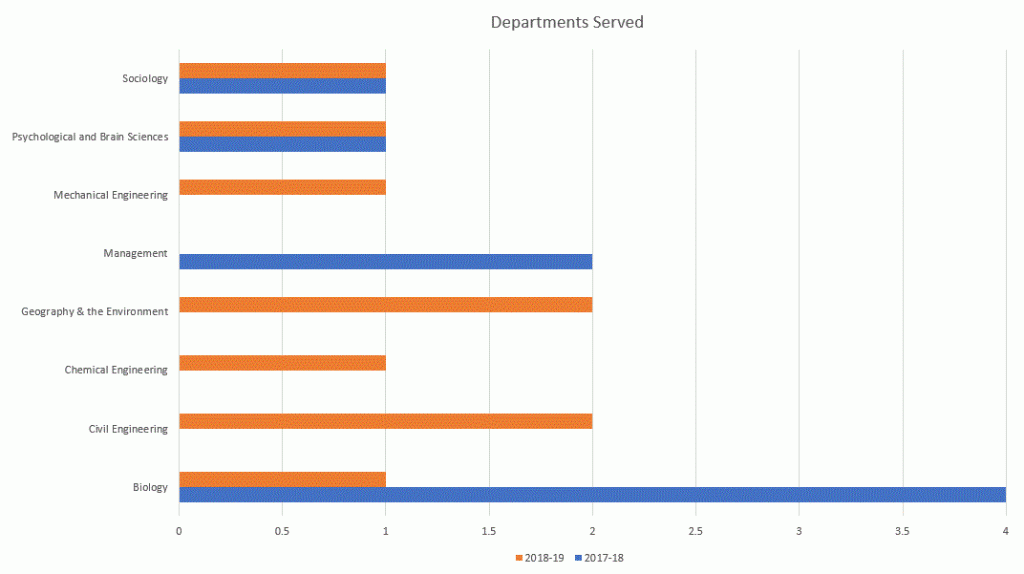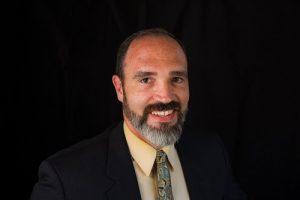Open Access Week Begins: So What is Open Access All About?
By Nancy Foasberg
Open Access Week: What is Open Access?
Hi! I’m the new Scholarly Communication Librarian here at Falvey Library, and one of my major responsibilities is to promote and support open access! For Open Access Week this year, I’ve planned a series of blog posts about open access, why it’s important, and what open access activities are going on here at Villanova.
What is Open Access?
Open access is the practice of making scholarly works available without price or permission barriers.
Free from price barriers means that if a book or an article is open access, you can legally read it online without paying.
Free from permission barriers means that you can distribute, reuse, or remix the materials that you find. This is often achieved by applying a Creative Commons license to the work. However, for many open access strategies, removing permission barriers is considered less important than removing price barriers.
The Open Access Movement consists of scholars, authors, librarians, publishers and others who advocate for open access materials. It’s been around for a long time. Many would date the dawn of the OA Movement from three conferences held in Budapest, Bethesda, and Berlin in 2002-2003, leading to what’s known as the BBB definition of open access.
For a quick video explanation of open access, see Open Access Explained!
Benefits of Open Access
Open access allows anyone to gain access to scholarly resources, including:
- Practitioners who may not have institutional access (for instance, doctors and nurses)
- Faculty and students at institutions that don’t have or can’t afford a subscription, including less-well-resourced institutions and those in the Global South*
- Independent researchers
- Journalists and popularizers
- Curious members of the public
This means that scholarly research can reach a broader audience and accomplish more in the world. This helps those that are looking for access, and it also helps the authors who want more recognition for their scholarly work.
A secondary benefit of open access is that it has the potential to save money. In the 1990s, serial costs began to rise more quickly than library budgets at most libraries. Open access was seen as one solution; if materials could be made freely available, libraries could be freed from some of these burdens. This is especially appealing because the work of scholarly authors, editors, and peer-reviewers is usually considered as part of their overall employment and is not compensated by the publishers.
The next post in this series will consider the question of open access and library costs a little further.
How is Open Access Achieved?
There are many, many business models that can support open access. The two major “routes” to open access are via the publisher (also known as “gold open access”) and via self-archiving (also known as “green open access”).
Under gold open access, the publisher makes journals (or books) freely available, rather than relying on purchases or subscriptions. While gold open access is commonly associated with author fees, the majority of gold open access publications do not charge such fees! To distinguish between publications that charge fees and those that don’t, some people refer to fee-free open access as “diamond open access.”
Under green open access, the authors, with the publishers’ permission, share their work after publication, either on their own websites or in repositories – sites for sharing scholarly works. Green open access often does not remove permission barriers, but it is important because it allows authors to share their works and still choose where they publish.
What’s Next?
Watch this space for more Open Access Week posts! Planned posts include:
- “Community over Commercialization,” this year’s Open Access Week theme
- Finding open access works for your research
- Open access journals hosted by Falvey Library, including a brand-new one, Puncta
- What a Scholarly Communication Librarian can do for you!
Also, please consider joining us Tuesday, October 24 at noon for a virtual workshop on Building Your Scholarly Profile! All are welcome, but faculty and graduate students will be able to best benefit from this workshop.
*This formulation can be problematic because it positions the Global North as creating knowledge and the Global South as passively receiving it. Suffice to say, this is not the case. Here is a little more information on open access in the Global South.

Nancy Foasberg is Scholarly Communication Librarian at Falvey Library.




 Linda Hauck, MLS, MBA, is Business Librarian
Linda Hauck, MLS, MBA, is Business Librarian





